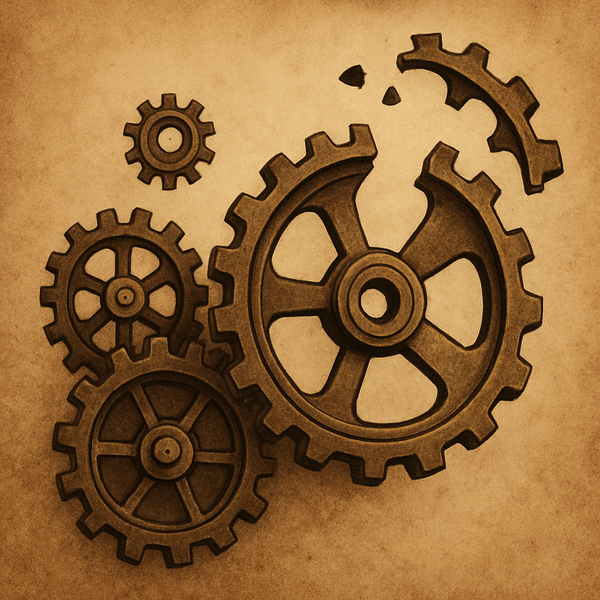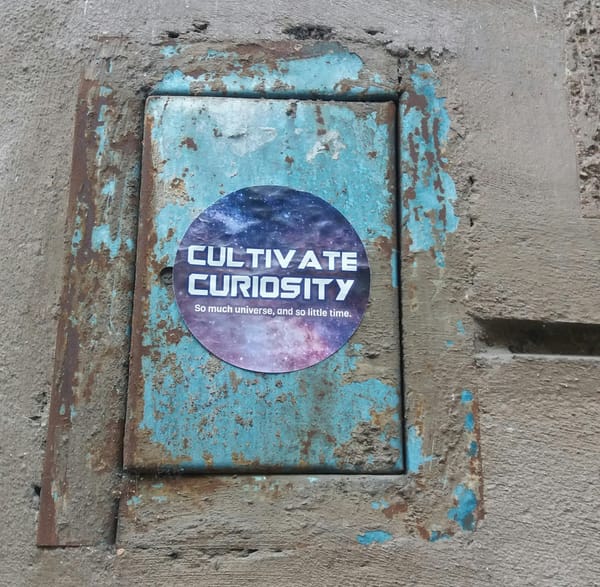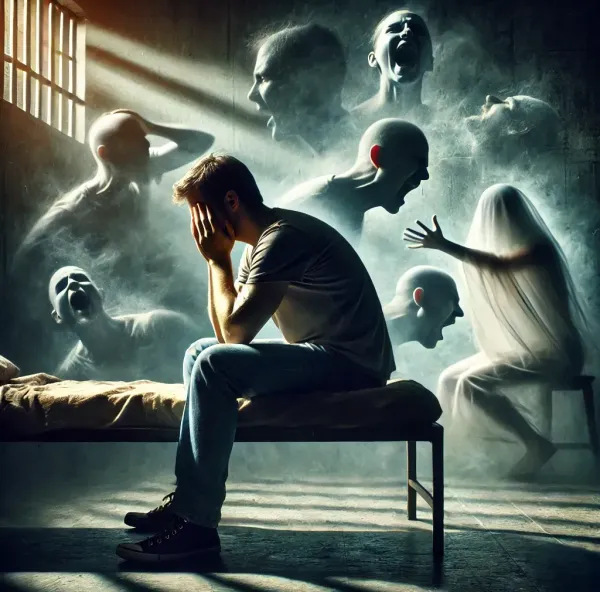What Does Leadership Even Mean Anymore?
Leadership isn’t about titles — it’s about example. In a world where power often drowns out character, I’ve been reflecting on what true leadership looks like… and whether I’m living up to it.

I’ve been thinking a lot about leadership lately — what it is, what it isn’t, and why it feels so hard to define right now.
“Leadership” is one of those words that gets thrown around so much, it starts to lose meaning. We associate it with titles like CEO, President, Director, or we attach it to charisma, power, or being the loudest person in the room. But over the course of my life and career, I’ve learned that real leadership often looks very different. It’s quieter. It’s deeper. And it’s harder.
I’ve been shaped by a lot of ideas around leadership: Jim Collins' Level 5 Leadership, with its paradox of personal humility and fierce professional will… the evolving philosophy of Servant Leadership (or Service Leadership, which I actually prefer, it sounds less self-sacrificial and more mission-driven). These frameworks taught me that leadership isn’t about power, it’s about responsibility. It’s not about being in charge, it’s about showing up, again and again, for others. It’s about example, not ego.
Lately, I’ve also been thinking about my own ability to lead, really lead. Not just managing things or motivating people, but the deeper kind of leadership that leaves a legacy.
There’s a quote I think about often by Dr. Stephen Brown:
“A leader isn’t a leader until they make a leader who makes a leader.”
That one sticks with me.
By that definition, I’m not sure I even qualify to call myself a leader. I’ve mentored people, I’ve supported others’ growth, but have I truly multiplied leadership? Have I created the kind of ripple that keeps going long after I’m gone?
It’s a humbling question. And it’s one I think more leaders should ask themselves. Because if leadership is only measured by influence or position, it becomes about accumulation. But if it’s measured by the leaders we create, it becomes about contribution.
And that’s a very different, and much more difficult, kind of leadership.
And that brings me to something I saw today that aggravated me, a lot.
The sitting President of the United States, someone holding what is arguably the most influential leadership role in the world, posted this on social media:
"Don’t be weak! Don’t be stupid. Don’t be a PANICAN (a new party based on Weak and Stupid people!)”
I read it twice, hoping I misunderstood. But I hadn’t. And what I felt in that moment wasn’t just frustration, it was grief. Sadness. And yes, some anger. Okay maybe a lot of anger.
Because this is the tone being set at the highest level of leadership in our country. This isn’t about policy or party affiliation. This is about character. It’s about how we treat people, especially those we disagree with. It’s about whether leadership is used to build or destroy, to unite or divide, to elevate others or to mock them from a podium.
What troubles me even more than the words themselves is how normalized this has become. How easily cruelty has been repackaged as “strength,” and how silence, or worse, applause, follows in its wake.
What message are we sending the next generation about what leadership looks like?
If this is the example being held up, then I believe it’s more important than ever for those of us who care, who believe leadership is about empathy, humility, and action, to speak up.
Not with rage. Not with more name-calling. But with clarity. With compassion. With conviction.
Because if we don’t, then we let the definition of leadership be rewritten by the loudest voices in the room.
Leadership isn’t perfect. It stumbles. It gets frustrated. It doubts itself. I know I have. But the kind of leadership that changes lives, that changes the world, doesn’t come from a thirst for power. It comes from a desire to serve.
And maybe that’s what we need right now: less dominance, more dignity. Less shouting, more showing up. Fewer performances, and more people quietly leading by example, in homes, in workplaces, in everyday moments that don’t go viral.
So if you’re feeling like I am, a little lost, a little heartbroken, maybe even a little (or a lot) angry, let that be the spark. Choose to lead in your own corner of the world, in a way that brings people together. In a way that doesn’t need a title. In a way that reminds others what leadership can be.
Because when we show the world a better way, we’re not just resisting the darkness. We’re creating light.




